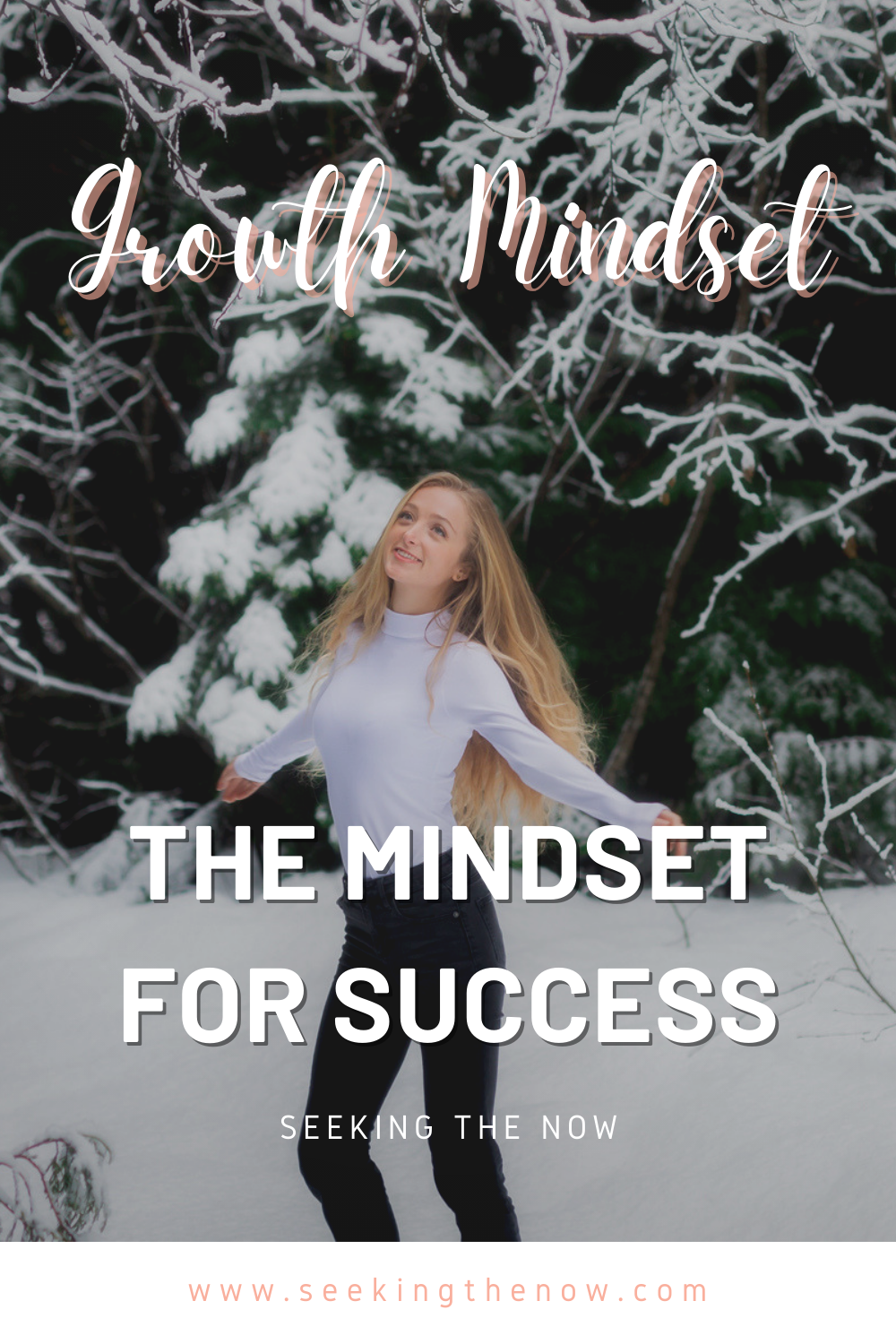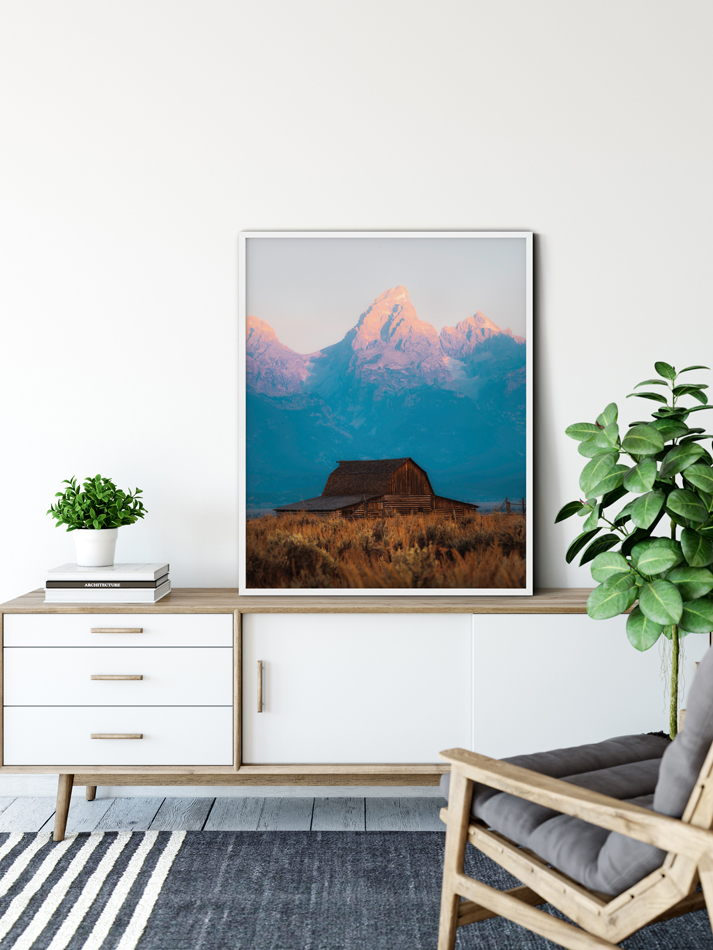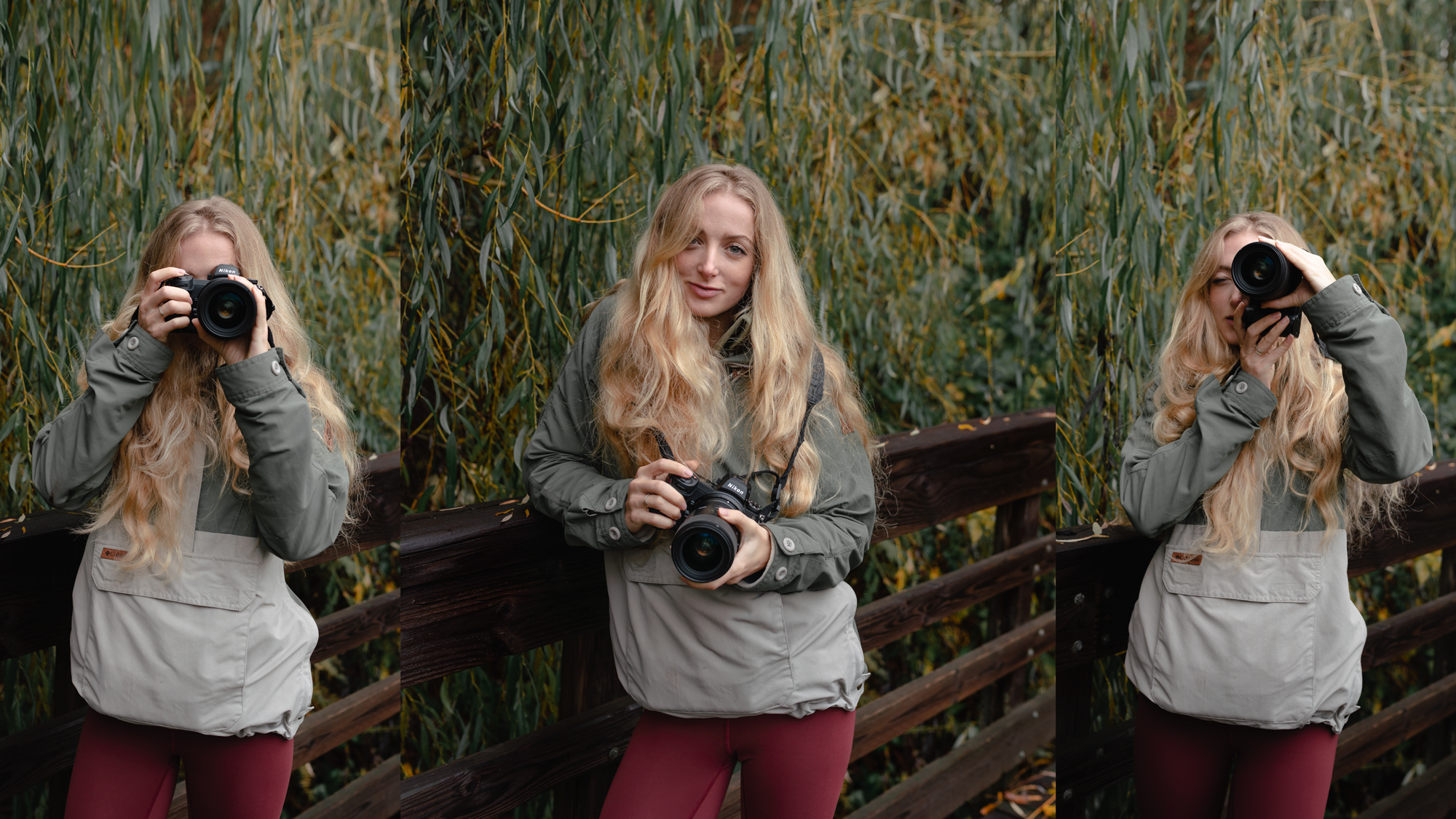Growth vs Fixed Mindset- How a Simple Mindset Shift Can Propel Your Skills To The Next Level

Don’t have time to read it now? Save it for later!
Have you ever looked at a piece of artwork in awe and thought “Wow this artist is so talented”?
Or watched someone climb up an insane route at the bouldering gym and heard someone comment “He’s just such a natural!”
In recent years researchers in psychology have begun to examine these people, the most “successful” of us all.
What they have found is quite astounding.
The individuals who excel at their crafts are not the most “talented”, they are the ones who have what is called a “growth mindset”
Cultivating this mindset can lead to unparalleled success in whatever craft or skillset you decide to set your mind to.
It is the difference between average and excellent, the amateur and the professional, success and failure.

What is A Growth Mindset?
Carol Dweck, a researcher, and psychologist has dedicated the past 30 years to studying what makes an individual successful. She began this study after noticing that her students responded to failure in the classroom in two very different ways.
After years and years of research her and her colleagues came to the conclusion that there were two main types of mindsets, one was called a “Growth Mindset” and the other a “Fixed Mindset”.
Growth Mindset Definition
Individuals with a growth mindset have a strong belief that their abilities, talents, and IQ are unlimited.
They believe with time and effort they can and will improve and that growth and talent are a natural result of this effort.
Fixed Mindset Definition
Someone with a fixed mindset, on the other hand, believes that all of their qualities are fixed.
That we are simply born with a certain IQ, inherent talents, and abilities. These individuals put their effort into proving their qualities, not improving them.
They believe talent alone leads to success and you “either have it or you don’t.”
How Can You Recognize What Mindset You Have?
Your Language
Do you make statements that shut down any possibility for improvement?
“I’m not creative”
“He’s just more talented than I am”
“I’m not smart enough”
“I’m not athletic enough to ever play soccer”
Or do you say:
“ I may not be as great of an artist yet, but soon I will”
“With time I will get to be just as talented as he is!”
“ I don’t understand it just yet”
“ I am not athletic enough yet, looks like I need to start working out more”
Your Actions
Do you avoid challenges for fear of failure?
Give up easily when it doesn’t come naturally?
Ignore negative feedback?
Or do you:
Embrace challenges
Accept criticism as a way to get better
Step out of your comfort zone often
Your Perception
Do you avoid failure whenever possible so others won’t think your stupid?
Do you believe that your abilities are limited to only those things that you are naturally good at? That no amount of work will get you to the level you would like to get to, so why even try?
Do you feel threatened by the skill and success of others?
Or do you:
See failure as a chance for learning?
Believe that with effort you can and will get to the level of talent you want?
Find inspiration in others who are better than you?
The Outcome
If you answered mostly the bottom set you are much more likely to have a growth mindset!
A growth mindset always leaves the door open for new possibilities, it sees the potential to grow and because of that takes each opportunity to get better.
Why Should You Develop A Growth Mindset?
Now more than ever we are bombarded with the end result of someone else’s years of hard work.
It can be easy to assume that the professional photographer you follow on Instagram has always been that good, that she was just “born with it” and that we, mere mortals, will never be able to achieve that level of artistic mastery.
Yet, what if we switched up our mindset?
What if we took the achievements of others as confirmation that it is possible that we ourselves can get there as well?
What makes a growth mindset so important in achieving skills is that it promotes constant effort and learning.
The person who believes that they will get better understands the value of putting time towards learning.
They don’t quit when they don’t get it right the first time.
They understand it isn’t a reflection of their intellect or ability, it just means that they need more time to develop the skill.
A fixed mindset is limiting, while a growth mindset promotes freedom!
One of my favorite quotes is “What you believe, you can achieve”
Consciously or unconsciously we set boundaries on what we believe is possible for ourselves, why not work to open up those boundaries and allow the impossible to become possible?
You never know what skills you may develop or levels you can reach if you simply open your mind up to the possibility that you can and will improve with practice and time!
How Can You Develop A Growth Mindset?
#1: Understand Your Brain Can Change
In my opinion, one of the biggest pieces of evidence for the growth mindset is “neuroplasticity”
Neuroplasticity is the finding that our brain is constantly growing new neural pathways and is ever-evolving based on what we put our attention and energy into.
If our brain can form and reform neural connections until the day we die, this is physical proof that we can develop new skills and ways of thinking. With time and dedication, we can create strong mental pathways to help us accomplish any type of skill or ability we like!
#2: Fix Your Self Talk- Tell a Different Story
What we tell ourselves on a day to day basis is an important factor in if we succeed or not.
If we can recognize when our internal monologue is speaking out of a fixed mindset we can consciously correct it to a statement that speaks more from a growth mindset.
The more we reroute our internal monologue the easier it will get!
Our thoughts dictate what type of emotion we feel and what kind of action we take. If we tell ourselves that every day we are improving, and that talent comes from years of hard work we are much more likely to persevere and follow through on the abilities we want to cultivate!
#3: Change Your Perception
How we perceive our roadblocks changes how we react to them. If we can redefine failures as a chance to learn, or see challenges as opportunities to grow we will be able to channel them into positive experiences!
One of the main experiences someone with a fixed mindset avoids is failing. If we can reclassify failing to be a good thing or even eradicate the idea of failure at all we can help ourselves persevere in the face of difficulties.
My favorite quote on failure shows how we can reshape it into something positive: “There is no such thing as failure, only learning experiences”.
#4: Change the Way You Create Goals
If your anything like me you probably love to set goals. Goals are an amazing way to propel yourself forward and motivate yourself to get better.
The problem with some goals is that if we don’t accomplish exactly what we set out to do we can feel defeated and like we failed.
In reality we probably made huge leaps and bounds forward and in just a bit more time we could get exactly where we wanted to be! Many times (and I know I am guilty of this) we will quit, thinking that it just wasn’t meant to be.
If we can re frame our goals from success driven goals to learning goals we find that the failure disappears and it becomes an exciting road of ever evolving development.
#5: Develop Grit
Last, but certainly not least, is developing the grit. Grit is defined as “the tendency to sustain interest in and effort toward very long-term goals”.
For me, grit might mean staying true to my passion in photography no matter what. It means learning every day, getting outside my comfort zone and pushing through the uncomfortable times where I feel my skills aren’t measuring up to my aspirations.
If you can sustain effort towards one goal in particular no matter the temporary setbacks and challenges that come along with it, there is no chance you wont succeed eventually!

Conclusion
When it comes to success there is no doubt that mindset plays a huge role.
How we decide to view and perceive our obstacles dictates the action we take and how long we stay committed to our goals is the main indicator outcome.
If we can adopt the attitude that anything is possible as long as we keep at it, imagine the things we could do!
Failures become lessons, obstacles become exciting challenges and other people’s success becomes inspiration!
Whether you want to become a professional photographer, climb a V12 at the rock climbing gym, or increase your reading levels all you have to do is invest time and energy, and believe it is possible.
If you keep at it there is no chance you won’t succeed!
Interested in this topic? Want to learn more?
Some books and articles to check out!
Mindset: The New Psychology of Success by Carol Dweck
The Happiness Advantage by Shawn Achor
Some videos I have enjoyed:
The Power of Believing That You Can Improve – Ted Talk
Grit: the Power of Passion and Perserverence- Ted Talk
And finally a quiz to take!
Recent Posts
Shop With Me on Etsy! Click A Photo Below!
Join Me on Instagram!
Pin it for later!


Want More?
Best Gifts For Photographers In 2021
The holidays are here! Luckily for you, this blog post gives you 16 of the best gifts for photographers in 2021- for all different types of budgets!
11 Fun & Festive Autumn Photoshoot Ideas You Will Love
Get ready for the Autumn season with these 11 fun and festive Autumn photoshoot ideas! Perfect for photographers, models and creators!
5 Online Tests You Can Take RIGHT NOW To Find Out Your Personal Strengths
One of the best things you can do while working towards your goals is to become aware of your personal strengths!
By finding out what your natural strengths are you can build on them and utilize them to accomplish your goals easier!
Consciously Direct Your Viewers Emotions: Color Psychology For The Photographer
Do you want your art to emotionally impact your viewer? By simply understanding the principles of color psychology photographers can guide their viewers to any emotional destination they choose!
How to Create a Vision Board for 2021
While the term “vision board” can seem “woo-woo” to many of us it is actually one of the best ways to program your goals and ideals into your subconscious.
By seeing images of your goals and desires you have a much higher chance of sticking it through until these goals become a reality!
















0 Comments